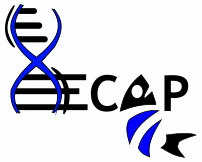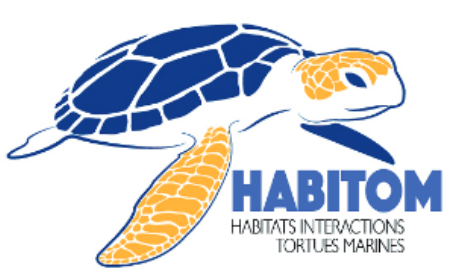The lack of knowledge on the conservation benefits of LMMAs for megafauna populations—and dugongs in particular—results from three main limitations that will be addressed by the CONSBEN project:
(1) Disproportionate focus on marine protected areas.
While MPAs represent a primary internationally-recognized tool for area-based management, LMMAs have received less attention. This is because (i) LMMAs are often not legally recognized, not well documented and not formally reported into national or international databases and (ii) in contrast to MPAs, LMMAs do not have conservation as primary objective. As a result, most studies have focused on evaluating the conservation benefits of MPAs while potential outcomes of LMMAs for conservation have been far less studied. This project will fill this gap by assessing and comparing the conservation benefits of a LMMA and an environmentally-similar MPA in West Papua.
(2) Lack of integrated assessments from targeted to non-targeted species.
Among the few studies that assessed the conservation outcomes of LMMAs, most have focused on exploited resources of fish and invertebrates (e.g., sea cucumbers, shells, lobsters...) that are the direct targets of the traditional management practices. In contrast, no studies have investigated the broader conservation benefits of LMMAs for other species that are part of the ecosystem but not targeted by the management practices such as megafauna.
This project will posit that traditional management practices targeting exploited resources may benefit the conservation of protected megafauna species realizing part of their life cycles in the LMMAs.
(3) Inherent challenges for the monitoring of megafauna species.
Marine megafauna encompasses some of the characteristics that make animal populations the most challenging to survey and monitor, including rarity and mobility—necessitating extensive survey coverage in space and time—and elusiveness and sensitivity to disturbance—requiring non-invasive observation techniques.
This project will tackle these challenges by providing an efficient, highly replicable and remote monitoring technique through aerial drone surveys processed with deep learning algorithms.
The main question investigated by this exploratory project is: Do locally managed marine areas (LMMAs) primarily designed for livelihood objectives provide conservation benefits for dugong populations?

















































